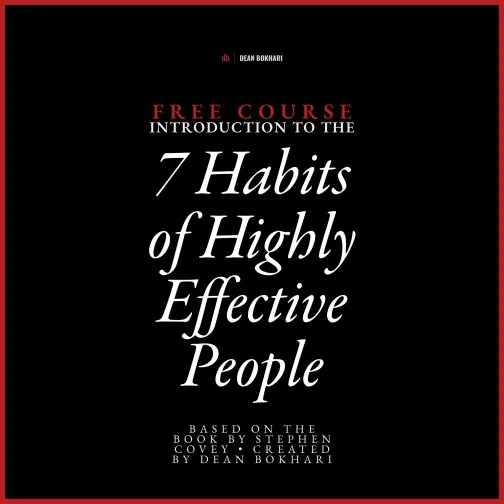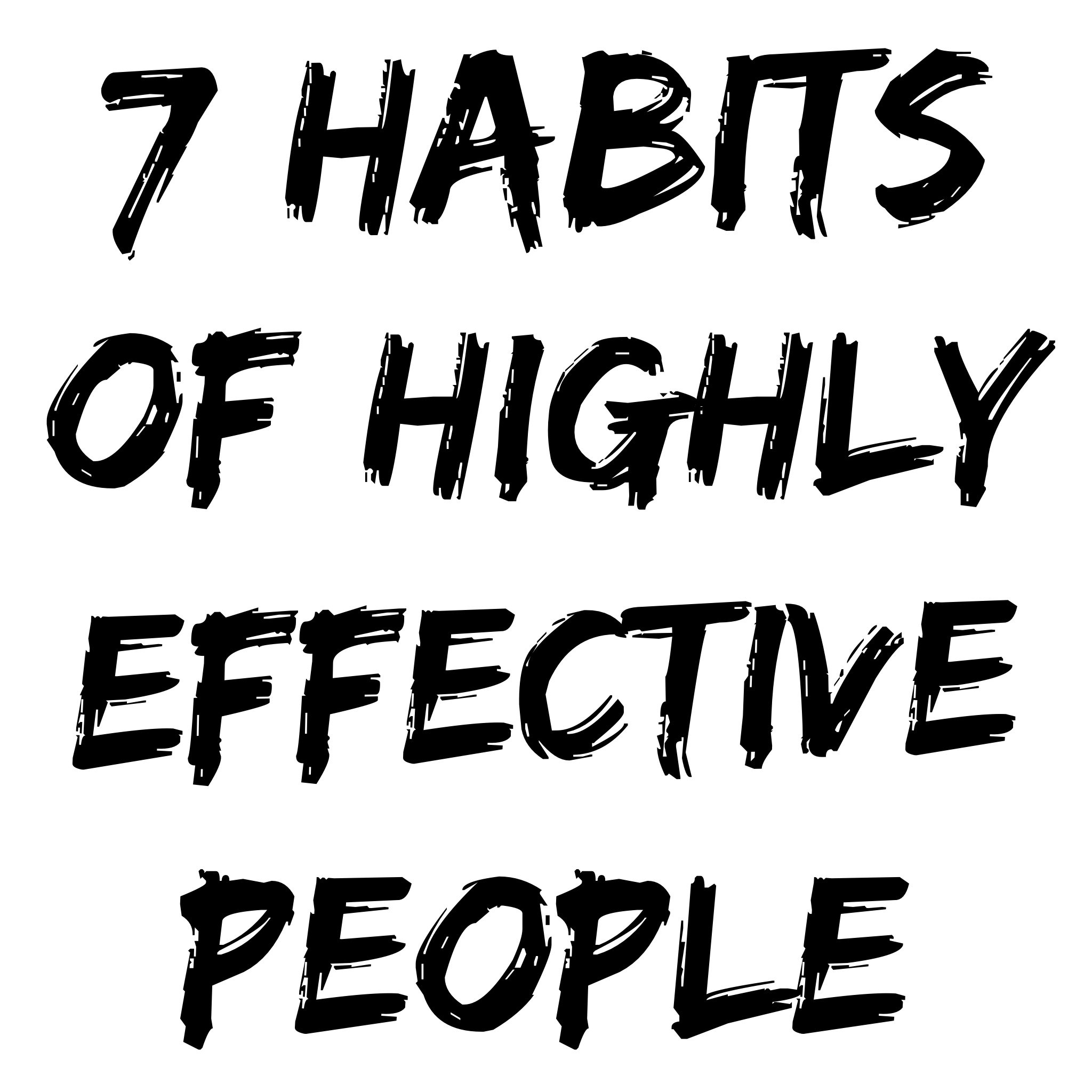Health Signs Not To Ignore As You Age
Collaborative post
As you age, it's natural to expect your health to change and your body to undergo the aging process. Of course, how this
As you age, it's natural to expect your health to change and your body to undergo the aging process. Of course, how this presents will differ from person to person and will depend on healthy lifestyle factors, fitness levels, and so on.
No two people age the same way or at the same rate, and this is what makes being aware of yourself and your body so important as you move through your adult life. The more in tune you are with how you feel and what is "normal" for you and your body, the easier it will be to notice when something isn’t quite right or your physical and mental health changes, impacting your quality of life.
If you do experience any changes, it is important to understand not all symptoms will be related to something serious or sinister, and in the first instance, you might find talking to a pharmacist can help you get the advice you need to ascertain if you need further medical intervention or not. You can access pharmacy consultations in person at your local pharmacy, whether you are a regular user of their services or not, or online via a virtual appointment with an online pharmacy.
With this in mind, what changes should you look for and avoid ignoring to help you remain in good health and get the medical care you need when you need it?
Depression
If you start to feel like you are not your usual self, you don't want to partake in your usual activities, or you simply don't feel like engaging in life as you once did, it might be that depression is causing you to retreat from your life.
The rates of depression in older adults are increasing, and this is due to a number of reasons. There is no shame in admitting you don't feel yourself mentally, and there might be something wrong. Going on and struggling alone can seriously impact your life and ability to do what you want to. Opening up to others and talking to healthcare professionals who can get you help can be massively beneficial. Remember, you are not alone in this, and seeking help is a sign of strength and self-care.
Increases in Falls or Changes in Physical Strength
Falls and reductions in strength are a natural part of aging. Our bodies undergo various changes, including muscle loss and weakness, which can increase the risk of falls. Understanding these normal changes can help alleviate any anxiety about the aging process.
While this is normal, once you reach a certain age, excessive falls or extreme weakness need to be investigated as it can signal something else might be going on. For example, dizzy spells can lead to increased falls, while chronic health conditions and diseases can impact your strength and movements, making you more vulnerable.
Forgetfulness
Again, as you age, you start to experience dips in cognitive ability. However, the odd lapse in memory isn't always something to worry about. However, ongoing forgetfulness, not being able to complete usual tasks or routines, and forgetting where you are or who you are can be extremely worrying. This is indicating something else is amiss, and you need to get this checked out to see if something else is happening you need help or treatment for.
It might be that depression is the cause of your forgetfulness, or it could be dementia or Alzheimer's that is impacting your cognitive abilities. It is imperative you talk to your doctor to get the help or treatment you need.
Bladder Issues
Aging impacts the bladder; there's no getting around that. It's a fact of life. However, how it affects the bladder can vary from person to person. As you get older, you lose elasticity in the bladder, meaning it cannot hold as much as it once did, or your tolerance for holding your bladder reduces.
But just because bladder issues are a natural part of aging, it doesn't mean you have to live with them or experience a sudden or drastic change in your bladder habits or control. You can get treatments to assist you and improve bladder control, or talking to your doctor can help you get any treatment or diagnosis you might need for anything that isn't related.
Mood Swings
Another important point to remember is that getting older doesn't automatically mean you get a personality transplant. You don't automatically get angrier, less tolerant, or more grumpy, but if you notice more mood swings or you're not the person you once were, this might be a sign you need to take to your doctor to get to the root cause of what is going on. Mood swings that are uncommon for you can indicate depression, dementia, Alzheimer's, or, in some cases, a brain tumor. Being aware of these potential causes can help you and your doctor identify the issue and find the best course of action for your mood.
Exhaustion
Being an adult is simply going from one day to the next, bemoaning how tired you are, especially as you get older and life gets busier. But is there really a reason to get help because you feel exhausted? Yes. Being more tired than usual, having instant and sudden extreme exhaustion, and sleeping more can be indicative of many different issues.
Fatigue is indeed part and parcel of getting older, but it can also be that you might be deficient in some vitamins and minerals; it can be caused by some medications, i.e., for high blood pressure, it could be a sign of internal bleeding or a health condition or illness leeching your energy reserves.
Skin Changes
New moles or lesions on your skin are something you need to be aware of at any age. However, as you get older, it's more important that you understand changes to your skin to identify if something new has appeared or if a spot or mole isn't going away or is changing shape. These can indicate skin cancer, which you need to get treated as soon as possible.
Make it part of your skincare routine or post-bath or shower habits to check your skin thoroughly and pay attention to anything you might not have noticed before, or that doesn't seem quite right. Regular skin checks can help you identify any changes early on so you can get it checked out to assess whether it's cancer or not. By being proactive in your skin health, you are taking responsibility for your overall well-being.
Loss of Appetite
A loss of appetite can be caused by many different things. It can simply be that your body does not need as many calories as it once did, or it can be indicative of something more subtle going on within your body. Chronic liver disease, kidney failure, dementia, cancer, and heart failure can all cause a loss of appetite, and if you are struggling to eat, you need to get checked with your doctor to find out what's going on and causing this to occur.
Loss of Smell
Loss of smell, once you reach 60, is entirely normal, and it's called presbyopia and usually nothing to worry about. However, if you experience a sudden loss, not a decline, which is called anosmia, this could be a sign of something more serious going on. A loss of smell can put you at greater risk of cognitive decline or indicate an underlying neurological condition impacting your sense of smell. It can also be a pre-clinical sign of Alzheimer's too. It's worth just checking with your doctor to rule out anything serious if you experience a sudden loss in your sense of smell rather than a gradual decline.
Swollen Feet or Ankles
It's completely normal to experience swollen feet or ankles at the end of a busy day or a long day standing or walking. This isn't really anything to be concerned about and will go away with some rest and simply sitting down and raising your feet.
However, swollen feet or ankles are not caused by this need for further investigations. This is due to it being a sign of congestive heart failure, which means your heart isn't pumping your blood as efficiently as it needs to be. This inability to pump blood properly caused fluid to build up in parts of the body, with the main areas being the feet, lungs, and ankles. If this is the case, swollen feet or ankles will be accompanied by shortness of breath, rapid weight gain, and a fast heartbeat.
As mentioned, not all changes in your health are signs that something is wrong. In many cases, your symptoms will simply be natural and created by your advancing years and are perfectly normal. However, understanding your body, knowing what isn't quite right, and not delaying getting help or treatment can be a great way to stay in the best health possible now and in the future.
Stay aware, get to know your body, and if anything at all changes, get medical advice for your next steps.
— End of collaborative post —
✨ New Series: How to Become an Early Riser
- Discover key methods to make early rising a habit
- How to wake up early + energized every morning
- Morning routines for health + success
Free self-development courses
👇
Tap on any of the courses below to start learning how to:
- boost your productivity (withGTD),
- get focused (with Deep Work),
- design a successful + fulfilling life (with The 7 Habits course),
- or learn the art of influencing others (with the How to Win Friends & Influence People course.)
All for free.
👇
Free life guides
👇
Best-selling Self-development courses by Dean Bokhari
Kill procrastination.
|
Get stuff done.
|
Get motivated.
|
Connect with anyone.
|
freshly pressed:
Top Audiobooks narrated by Dean Bokhari on audible
Book summaries
- The Power of Habit by Charles Duhigg
- 12 Rules for Life by Jordan B. Peterson
- Presence by Amy Cuddy
- Leaders Eat Last by Simon Sinek
- The ONE Thing by Gary Keller, Jay Pasan
- Deep Work by Cal Newport
Read or Listen to top Self-Help + Business Book Summaries in 20 Minutes or Less.
or







































